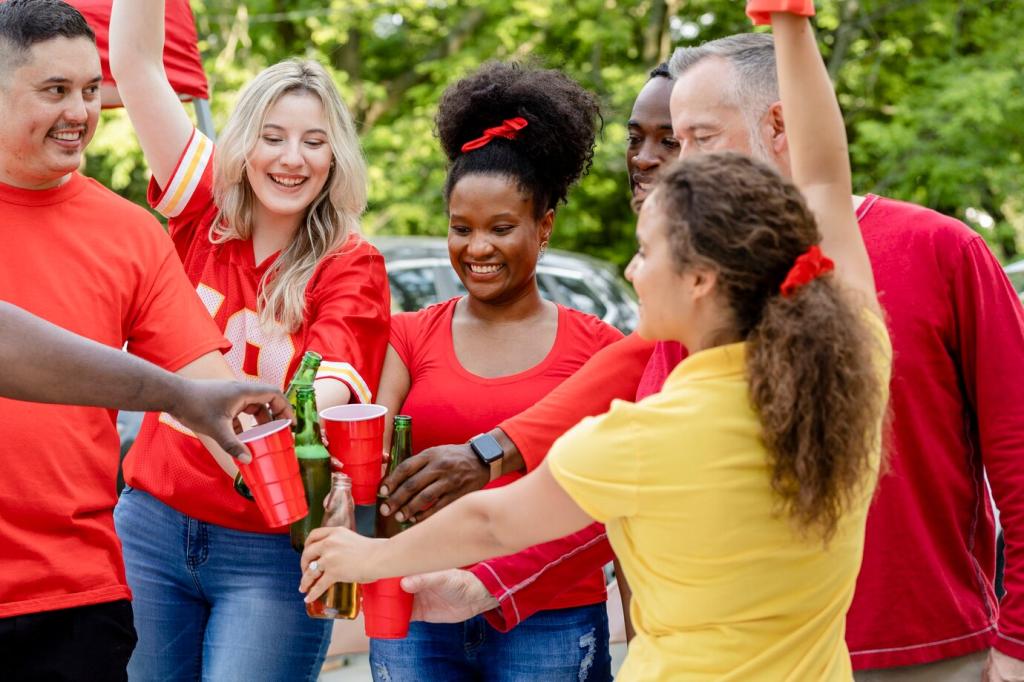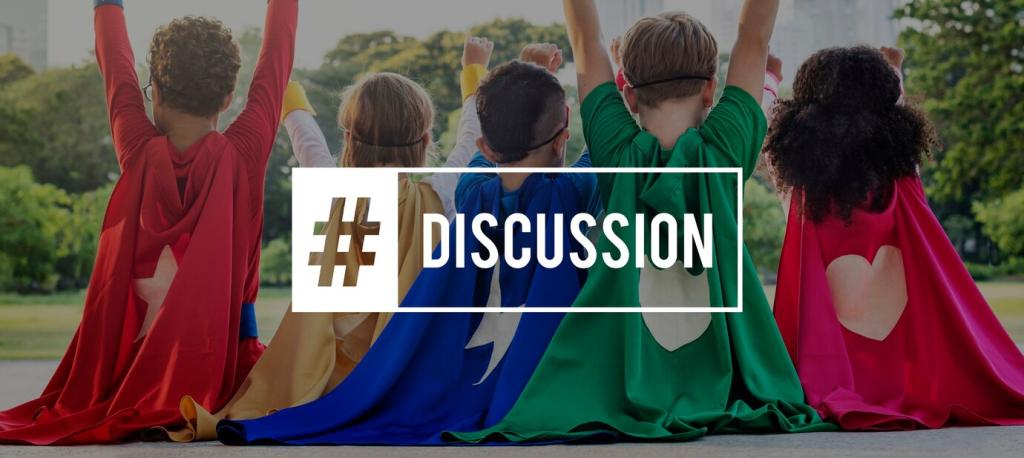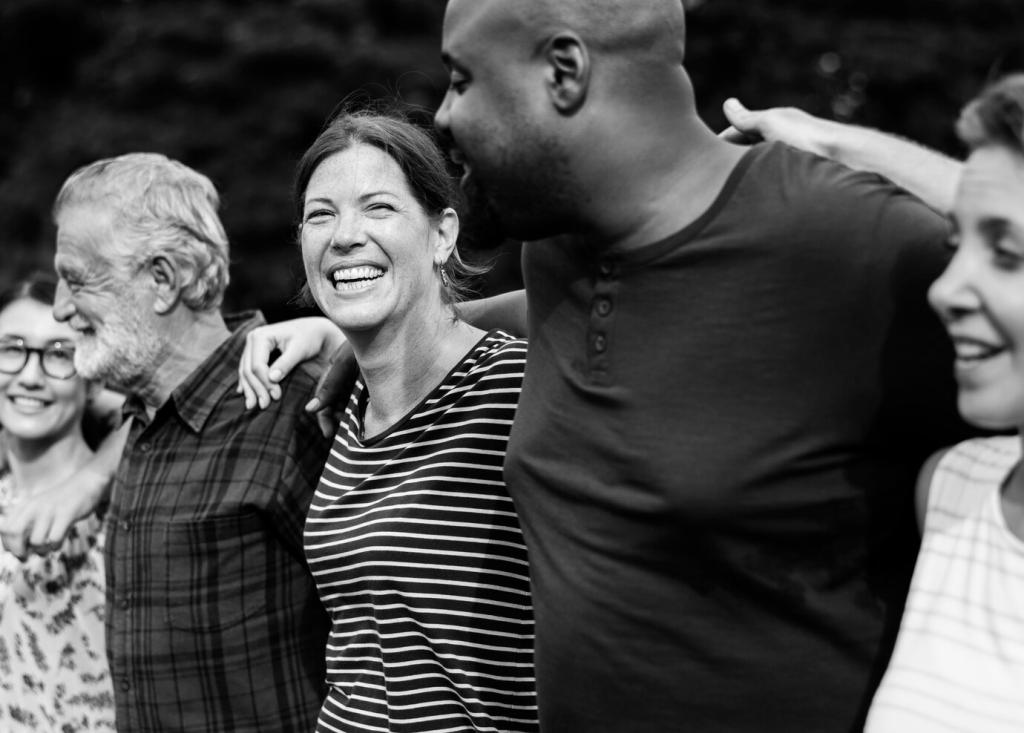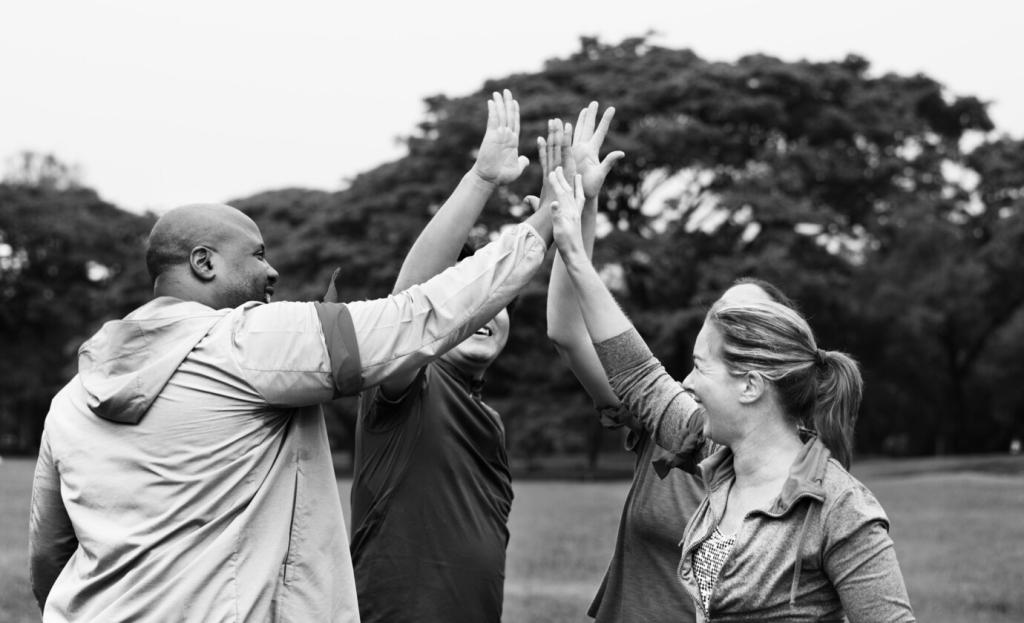Opening Doors: Educational Opportunities in Eco-Tourism for Locals

Community Guide Training Bootcamps
Short, intensive bootcamps help locals master guiding basics, route safety, and interpretation techniques rooted in local culture. Graduates often shadow experienced guides for a season, building trust with travelers while learning how to balance storytelling and conservation.
Biodiversity Monitoring Skills for Everyday Stewards
Hands-on sessions teach bird counts, camera trap setup, and simple plant surveys using open-source tools. These practical skills deepen local stewardship and create paid opportunities supporting research partners, protected areas, and data-driven eco-tourism experiences.
Sustainable Hospitality that Honors Place
Training covers low-impact lodging, water-saving systems, and seasonal menus using local produce. Participants practice welcoming guests with cultural sensitivity, ensuring eco-tourism benefits families, preserves identity, and turns everyday hosting into a living classroom for conservation.
Learning by Doing: Field Workshops that Start at Home

Community crews learn to build water bars, switchbacks, and natural steps using local materials, reducing erosion and maintenance costs. The work doubles as training and immediate improvement, making eco-tourism safer while protecting fragile soils and waterways.
Curriculum that Walks Outside the Classroom
Teachers align science lessons with local habitats, turning field trips into service projects and internships with guide cooperatives. Students learn biology, advocacy, and entrepreneurship while contributing to real eco-tourism initiatives that strengthen their neighborhoods.
Elder Knowledge Exchanges
Elders share stories about seasons, fishing grounds, and sacred places, guiding respectful visitor etiquette. Workshops record oral histories, which become interpretive materials for tours, ensuring eco-tourism education uplifts community memory and protects sensitive cultural landscapes.
Youth Mentorship and Peer Teaching
Teen mentors practice leading nature walks for younger students, building voice and leadership. Small stipends, badges, and public showcases motivate consistent participation, creating a pipeline of confident local guides and conservation communicators.

Stackable Skills: Micro-Credentials and Certifications
Locals earn bite-size credentials in trail etiquette, campsite care, and wildlife distance rules. These micro-credentials prepare them to teach visitors respectfully, reduce conflicts outdoors, and amplify community-led conservation values across every tour.

Marta and the Mangrove Classroom
After a wetlands workshop, Marta created a twilight paddle lesson on mangrove nurseries. Fisher families now co-guide, explaining how juvenile fish shelter among roots. Visitors leave inspired, and the community earns from protecting what sustains them.
Jamal’s Bike Tours and Bird Songs
Jamal combined a micro-credential in interpretation with bicycle maintenance training. His dawn rides pause for birdsong identification and local history, attracting repeat guests who donate to trail upkeep. Learning unlocked a resilient, community-first business model.
A Cooperative’s Zero-Waste Festival
After workshops on event sustainability, a guide cooperative hosted a village eco-festival using reusable dishes, compost bins, and student-led tours. Waste plummeted, visitor satisfaction rose, and the festival now funds scholarships for new local trainees.
Access that Matters: Funding, Time, and Tools
Transparent micro-grants cover course fees, transport, field gear, and lost wages during training days. Community committees prioritize caregivers and underrepresented groups, ensuring educational opportunities strengthen equity as well as ecosystems.
Access that Matters: Funding, Time, and Tools
Evening classes, weekend field labs, and shared childcare make learning possible for busy families. Rotating venues keep travel minimal, and recorded sessions allow catch-up without losing the momentum of a cohort.


Stay Involved: Engage, Subscribe, and Shape the Curriculum
Tell Us What You Want to Learn Next
Comment with your goals—bird ID, tidepool interpretation, guest safety, or digital storytelling. Your ideas guide our next workshops and pilot programs, ensuring each learning opportunity reflects real local needs and opportunities.


Join Monthly Skill-Share Webinars
Subscribe to receive invites to practical, community-led webinars featuring local guides, teachers, and elders. Bring questions, swap tips, and co-create resources others can adopt, so knowledge grows outward like ripples in a pond.
